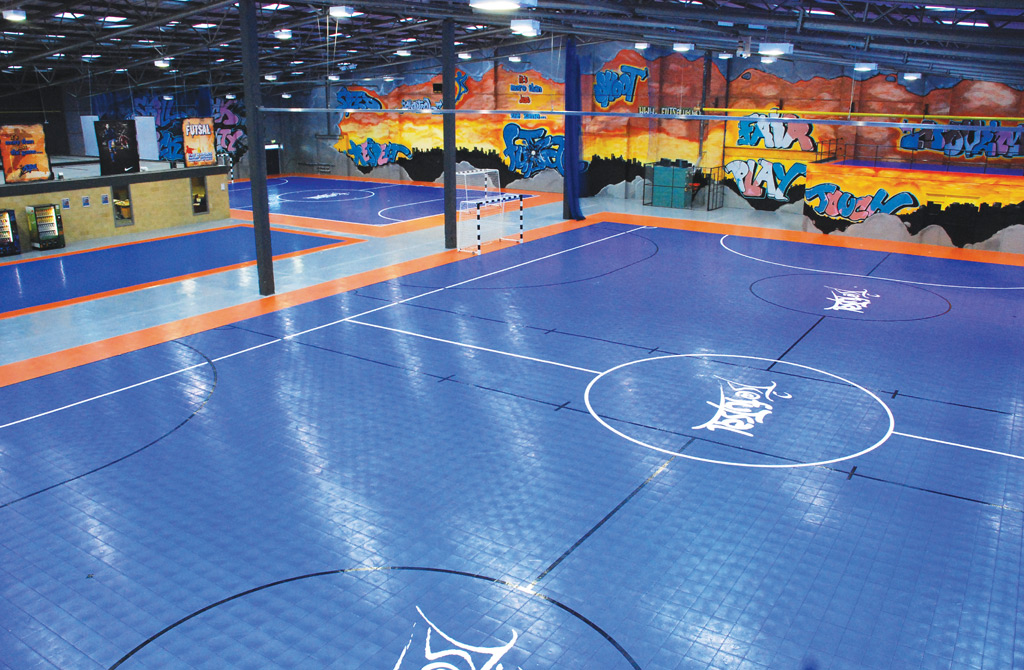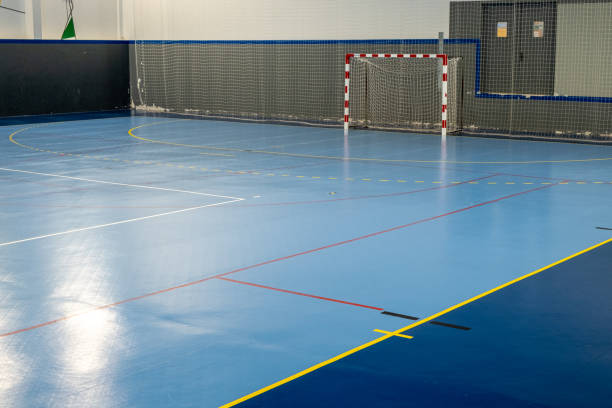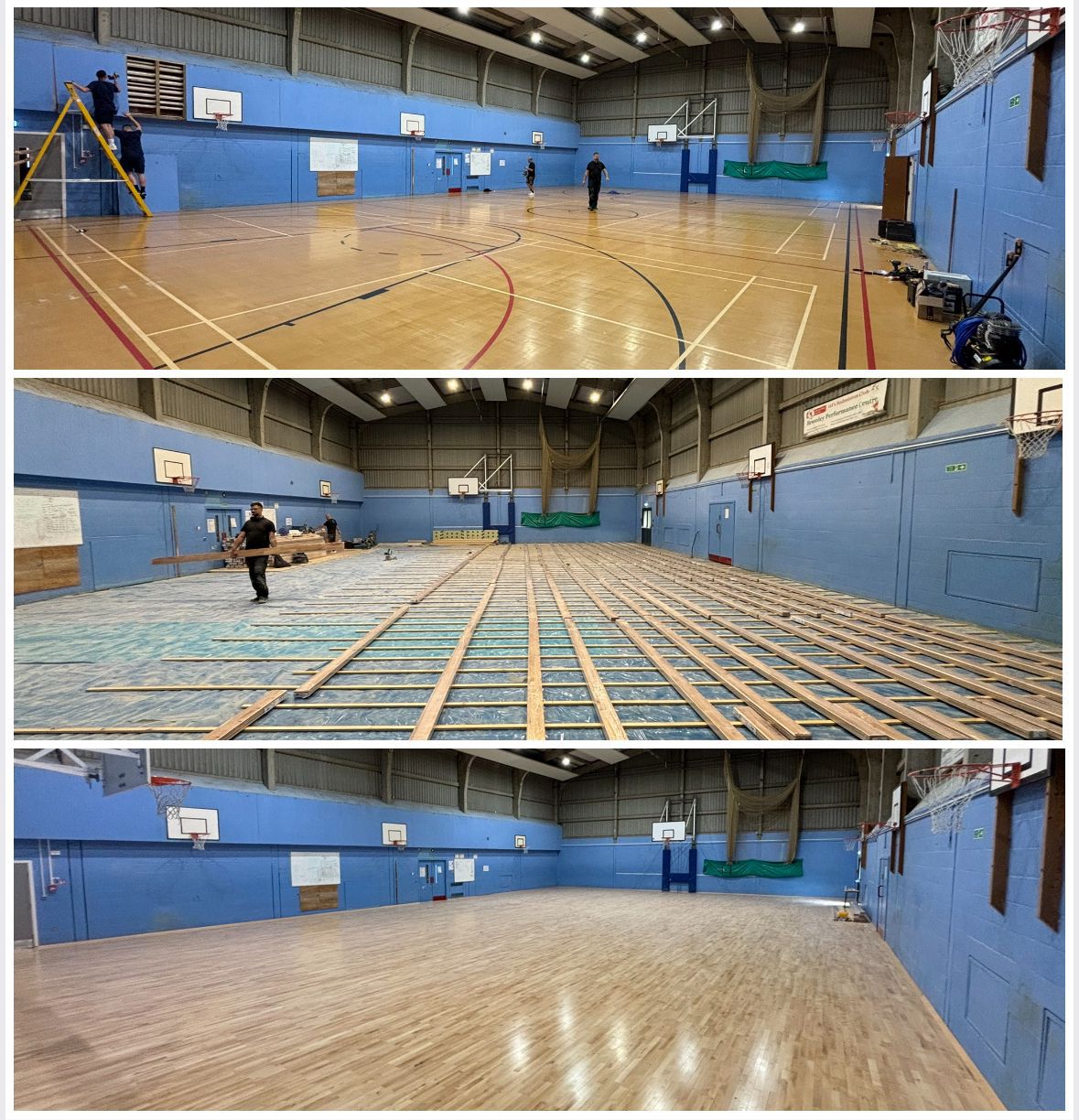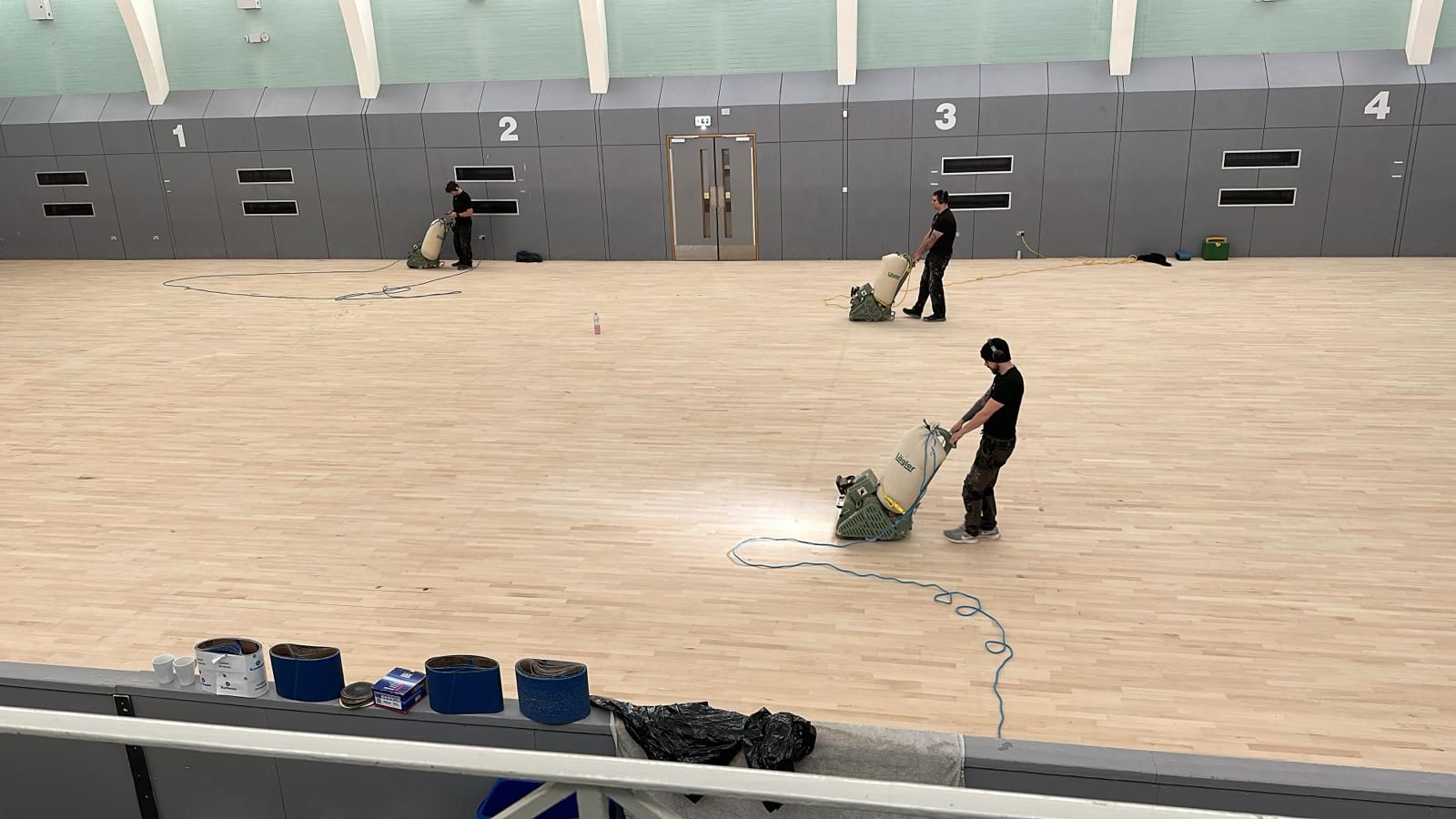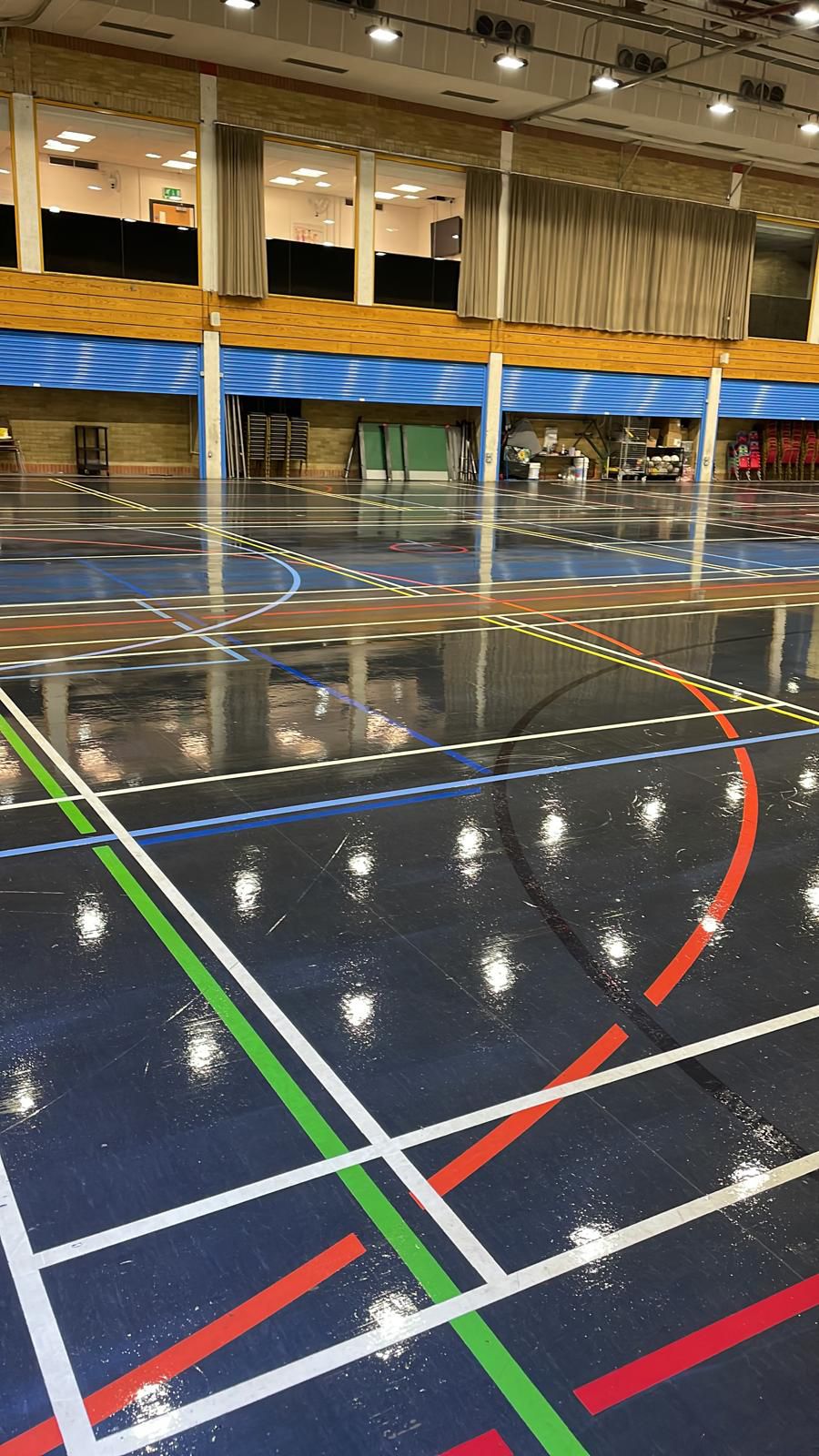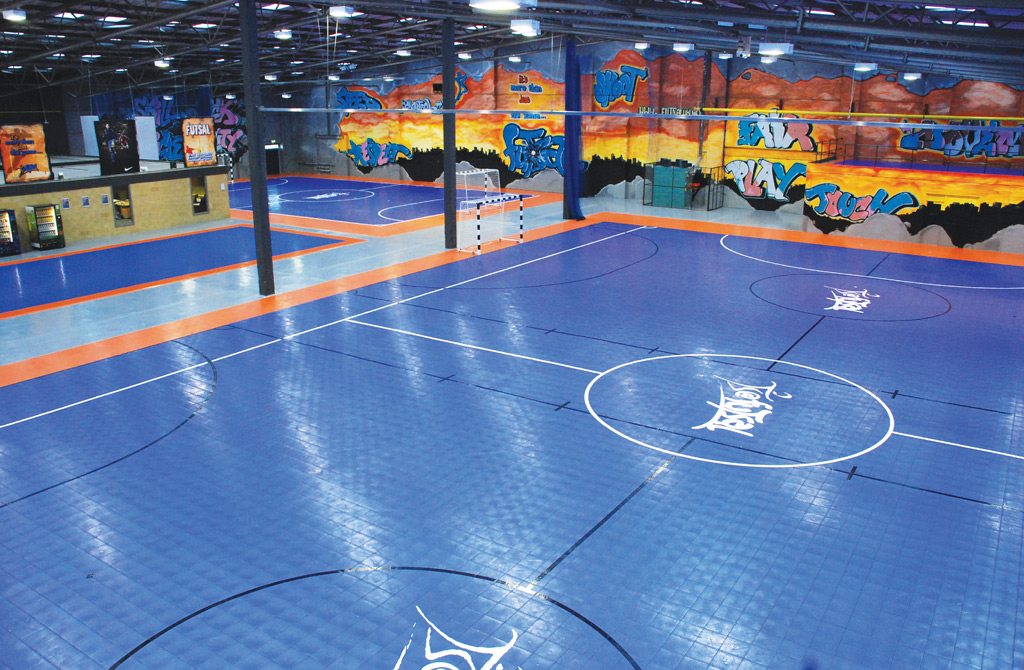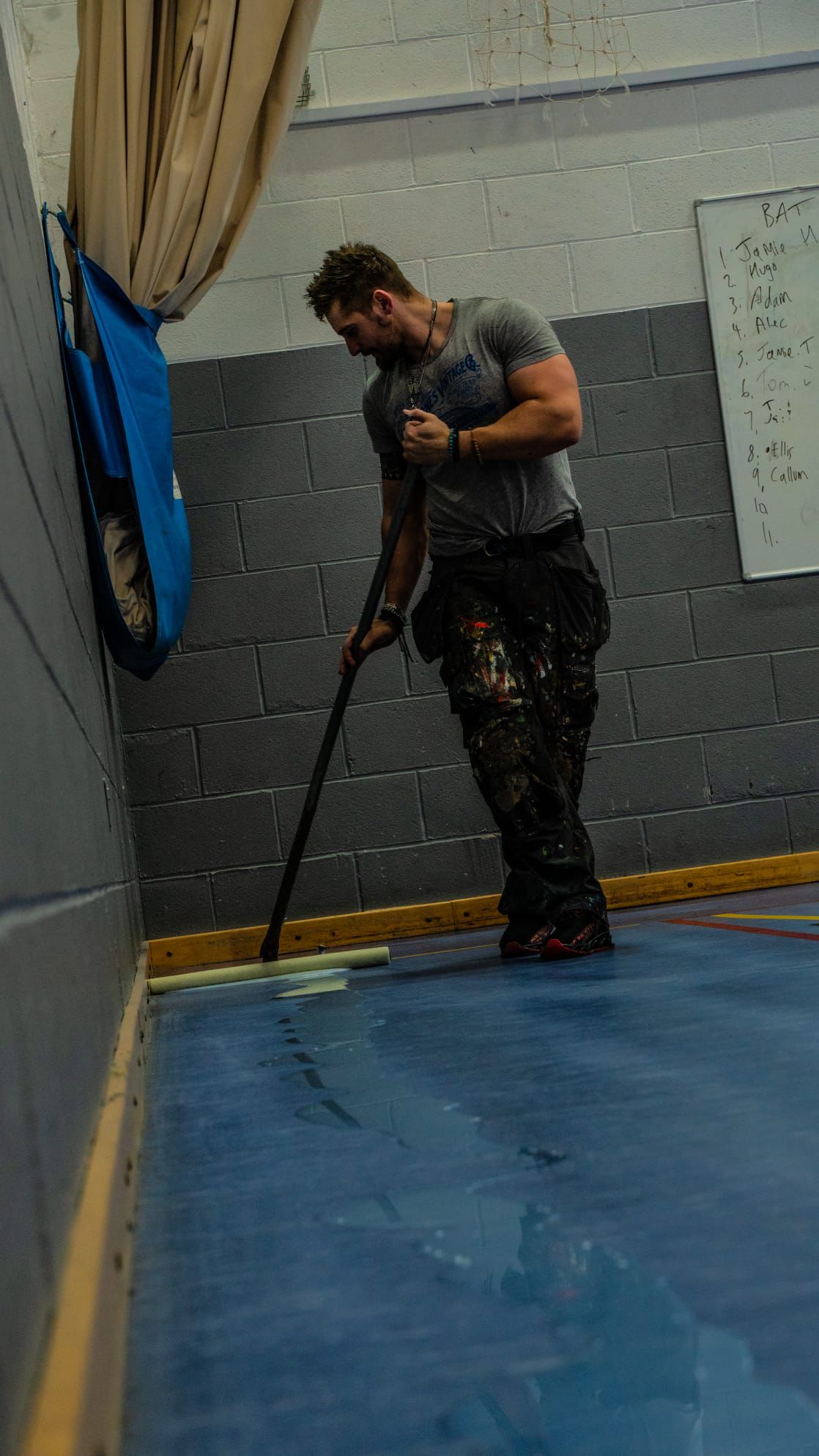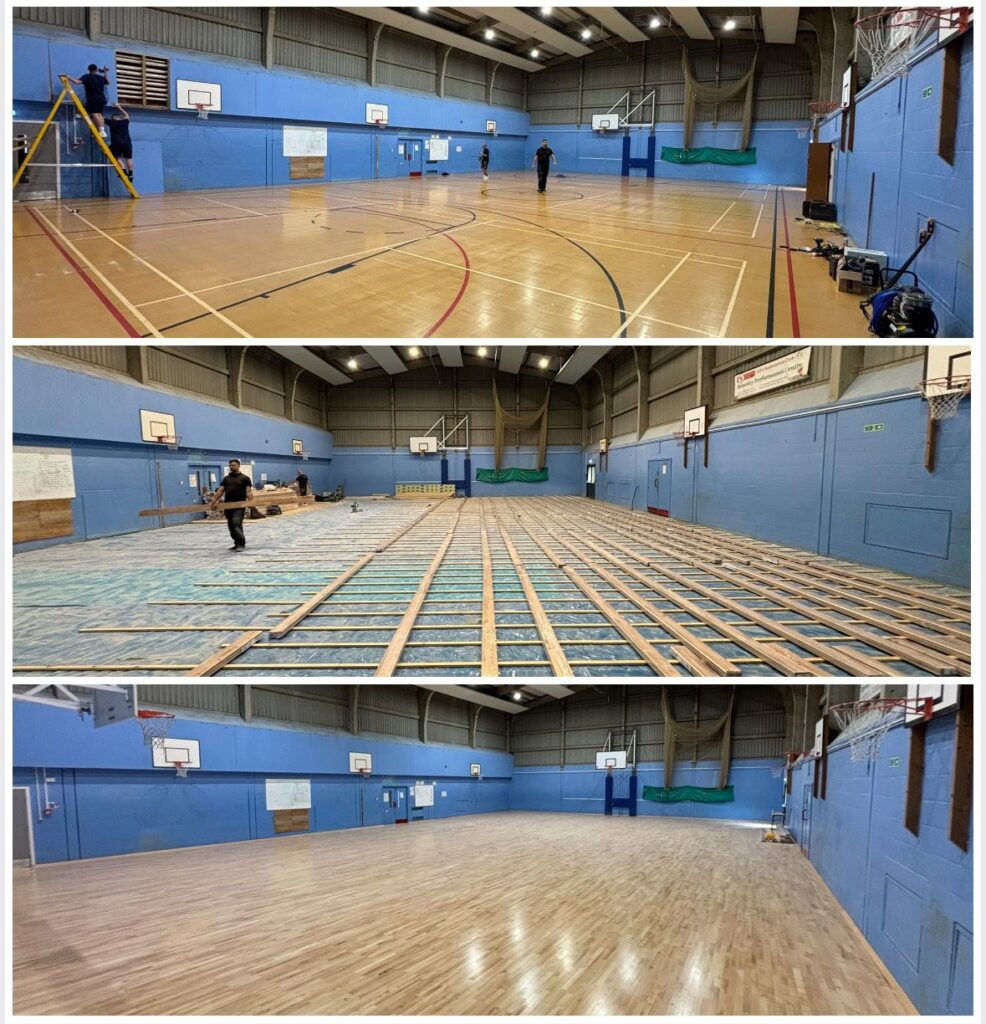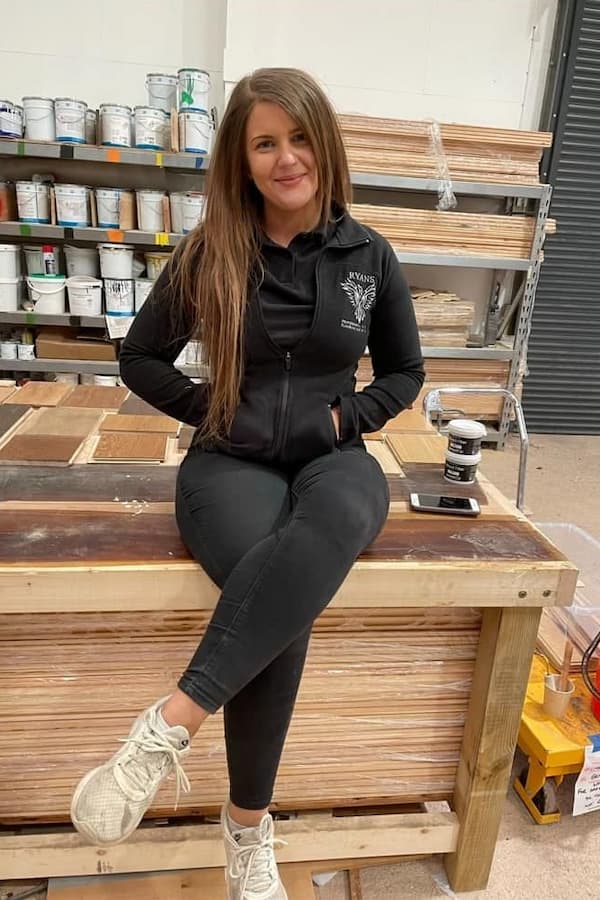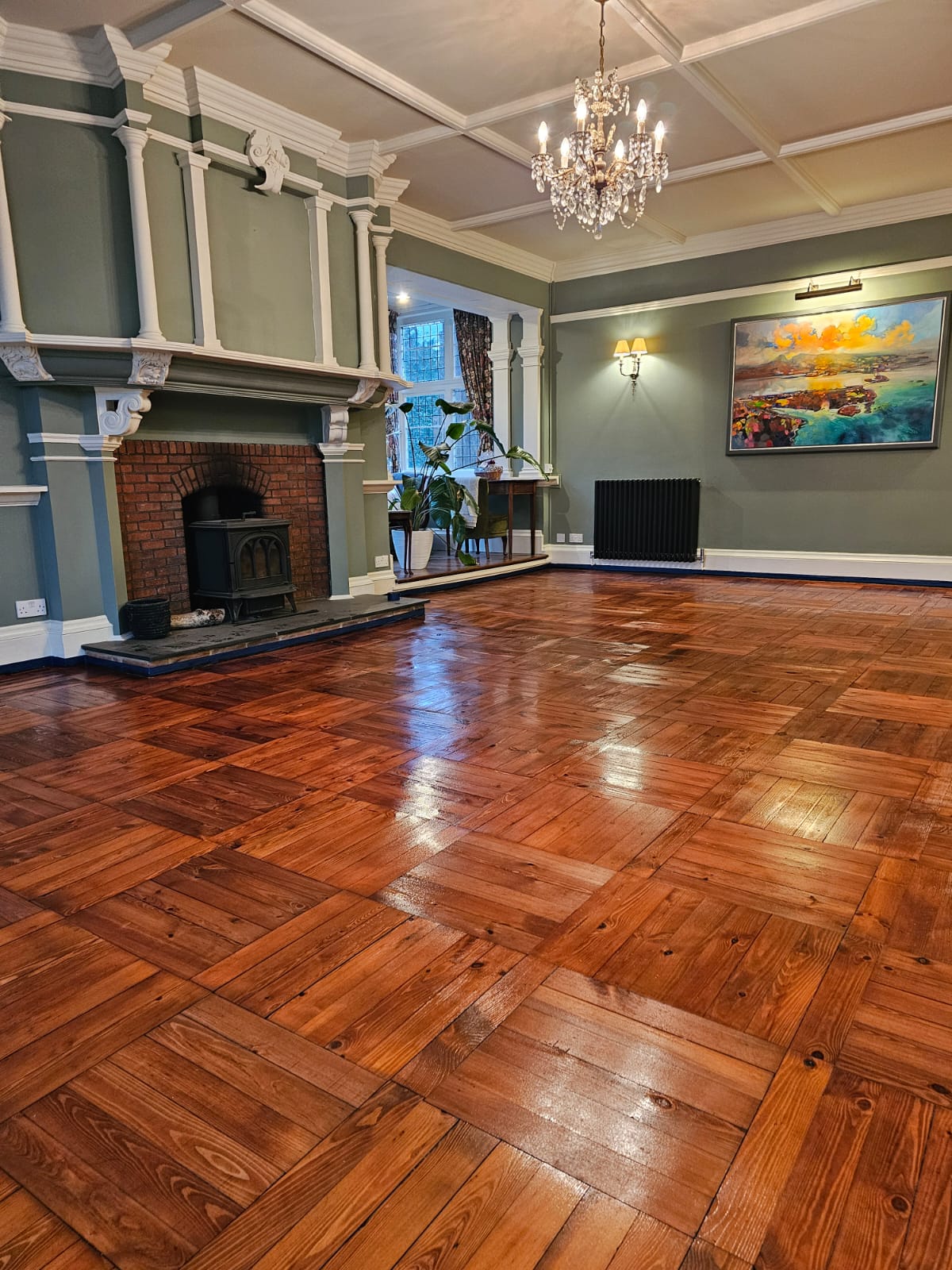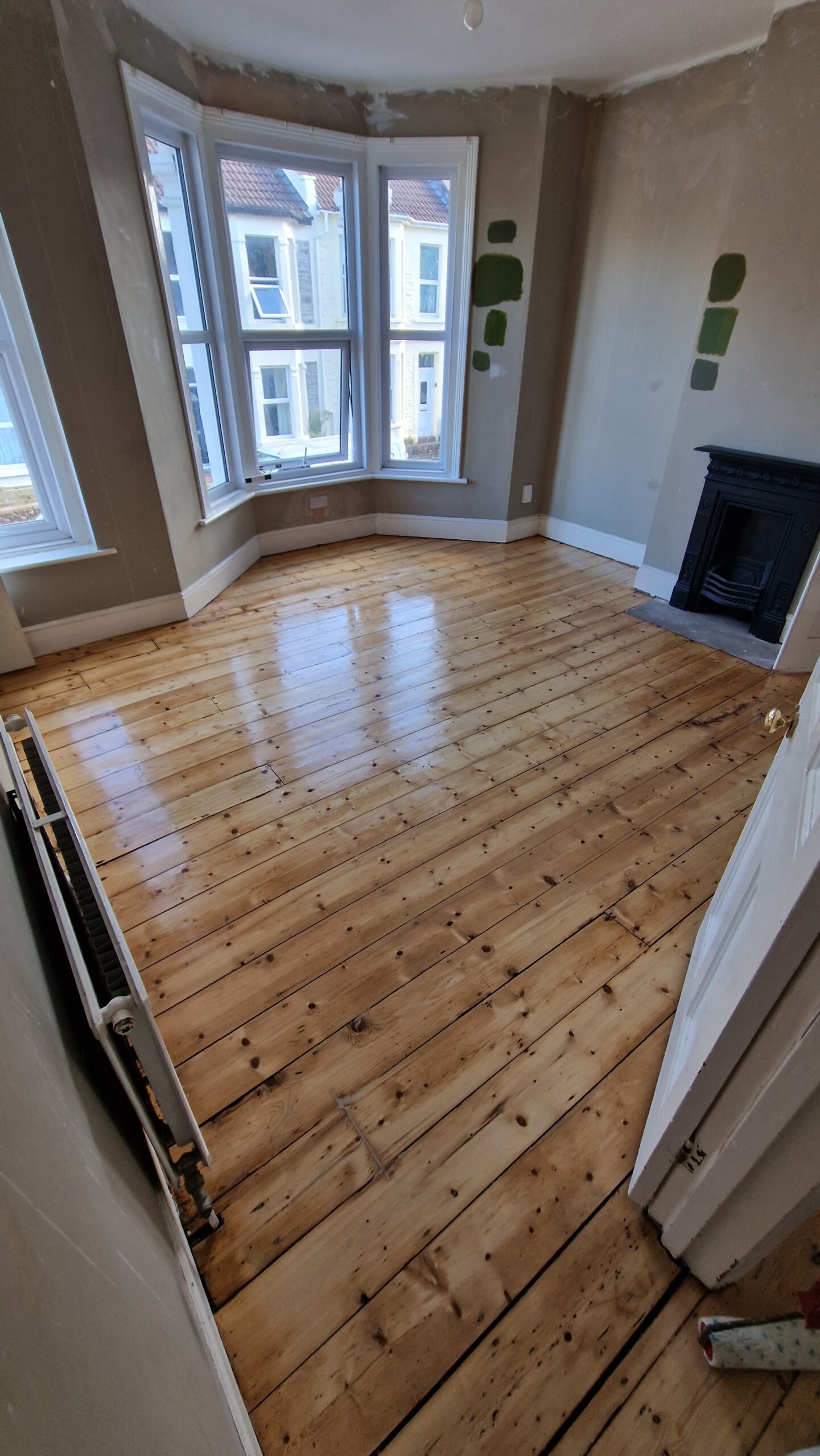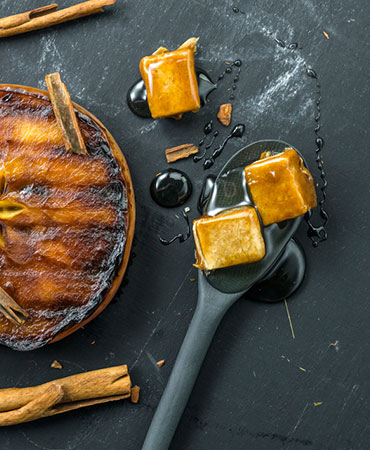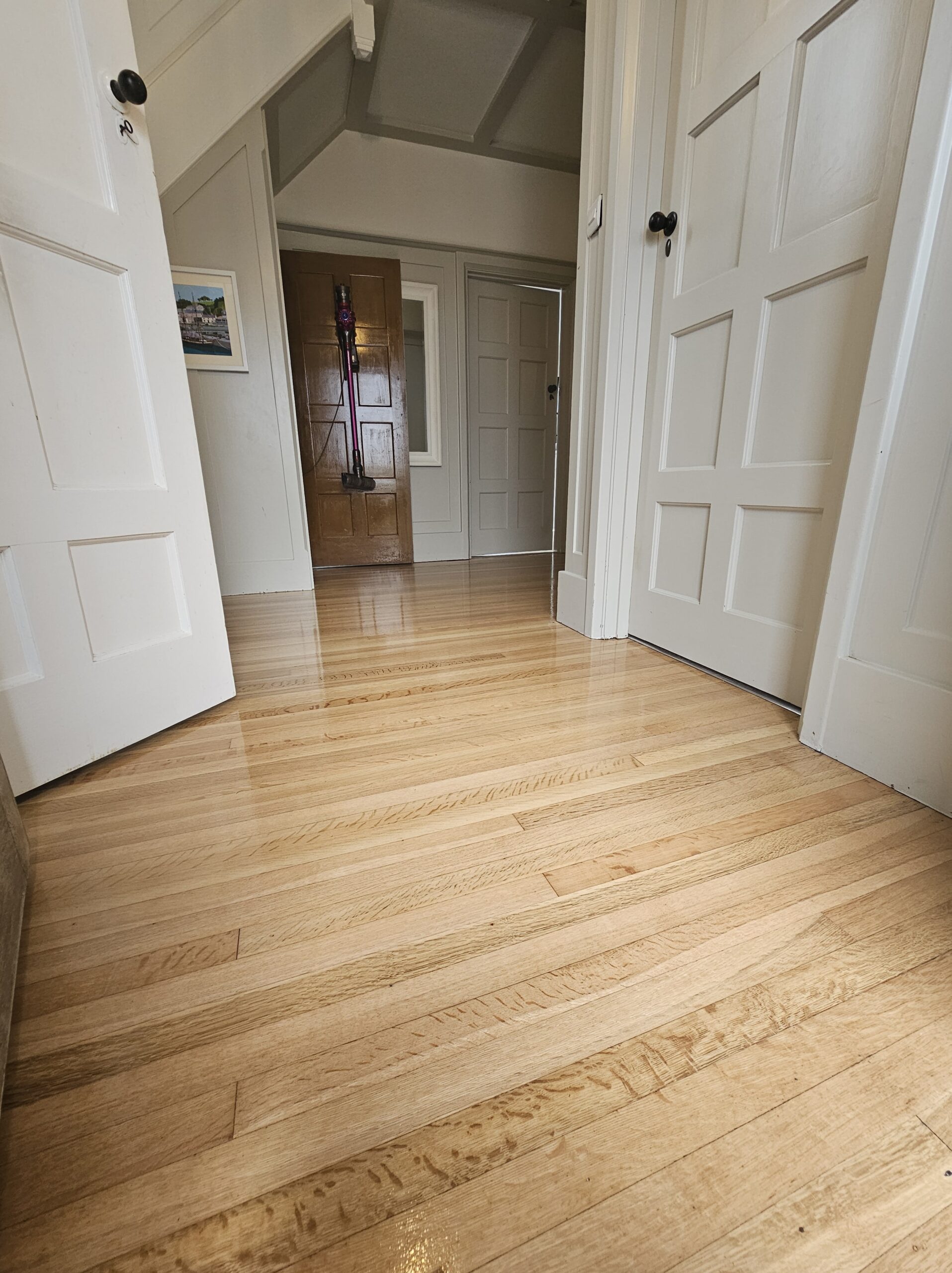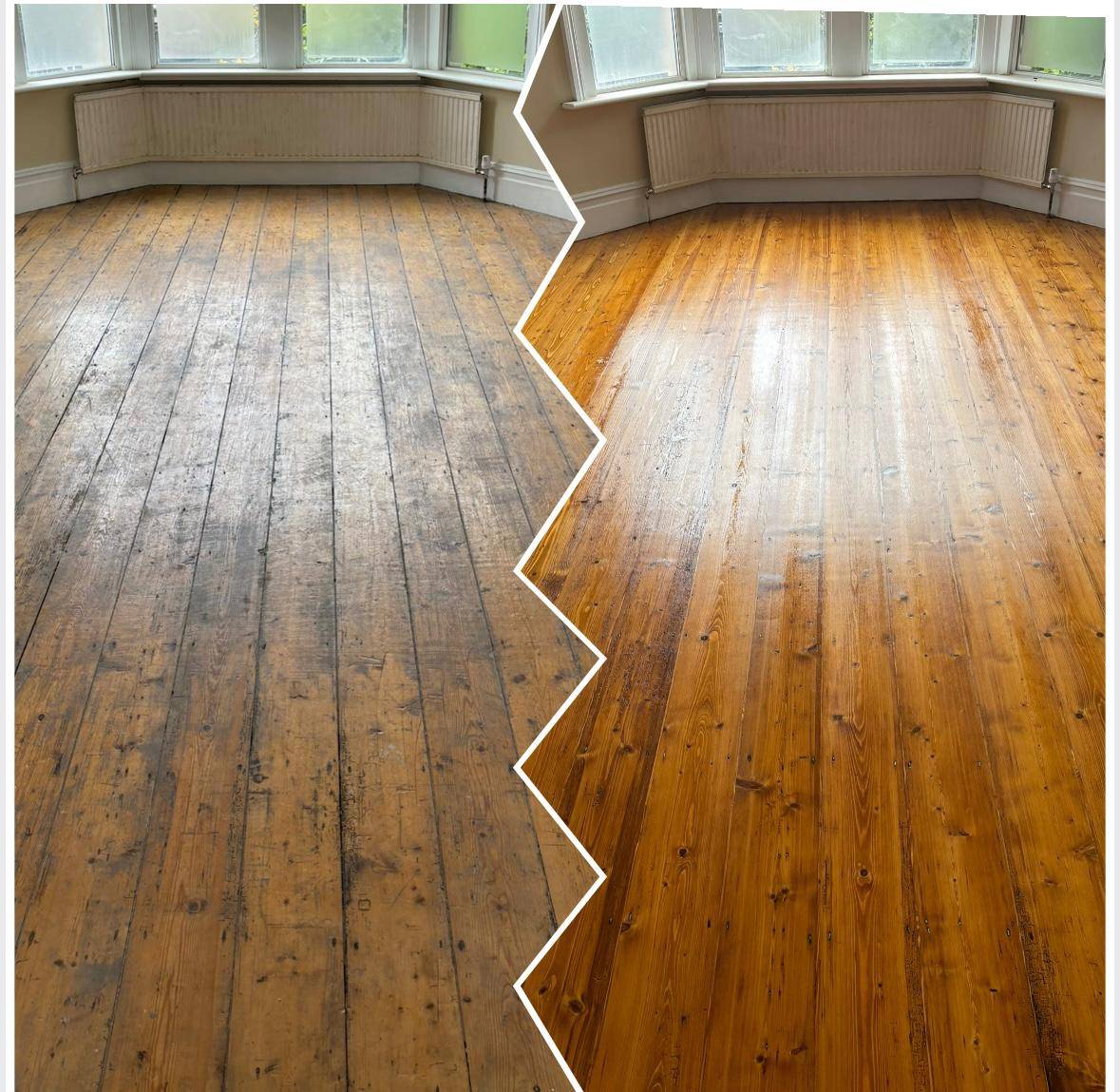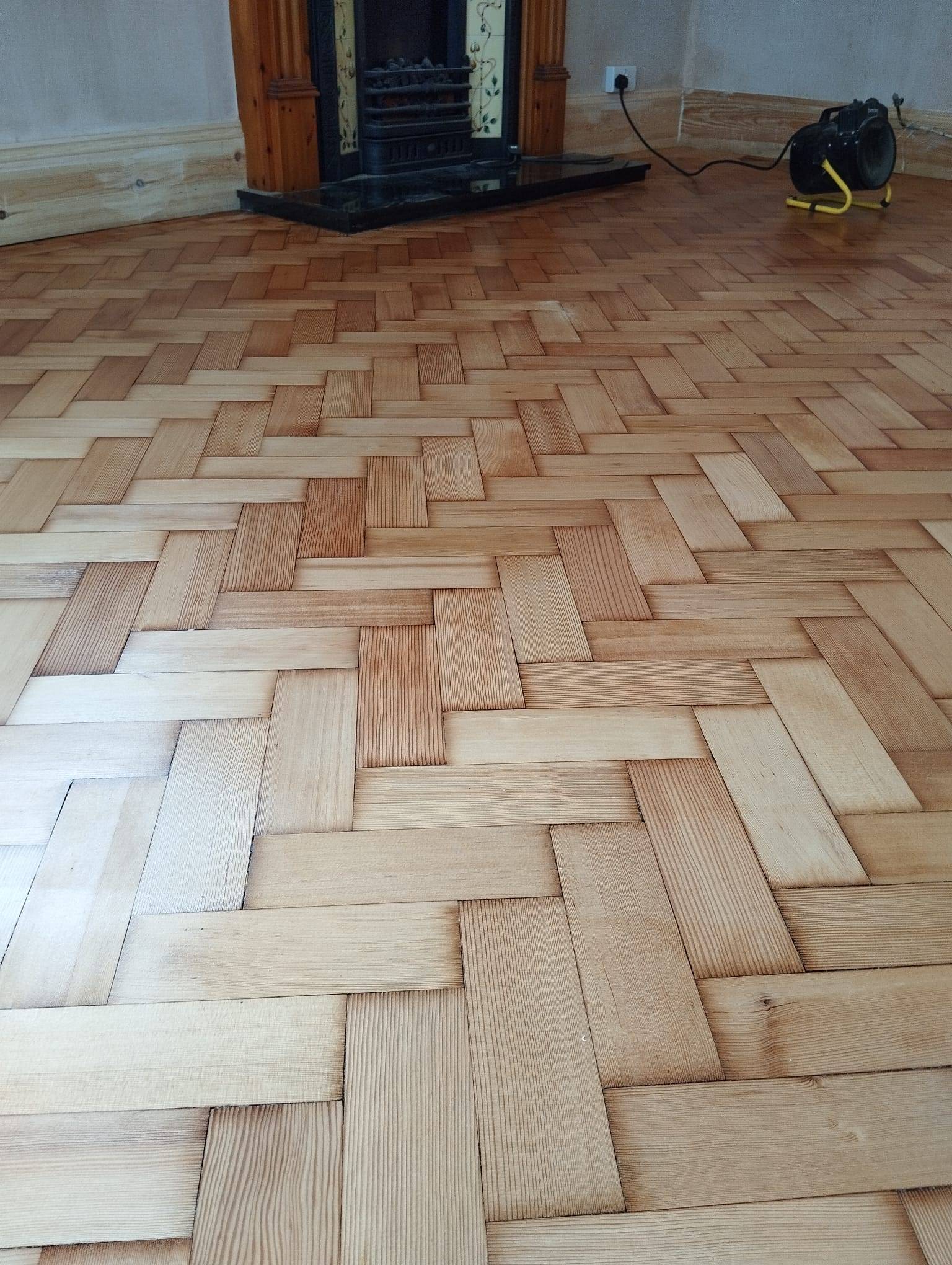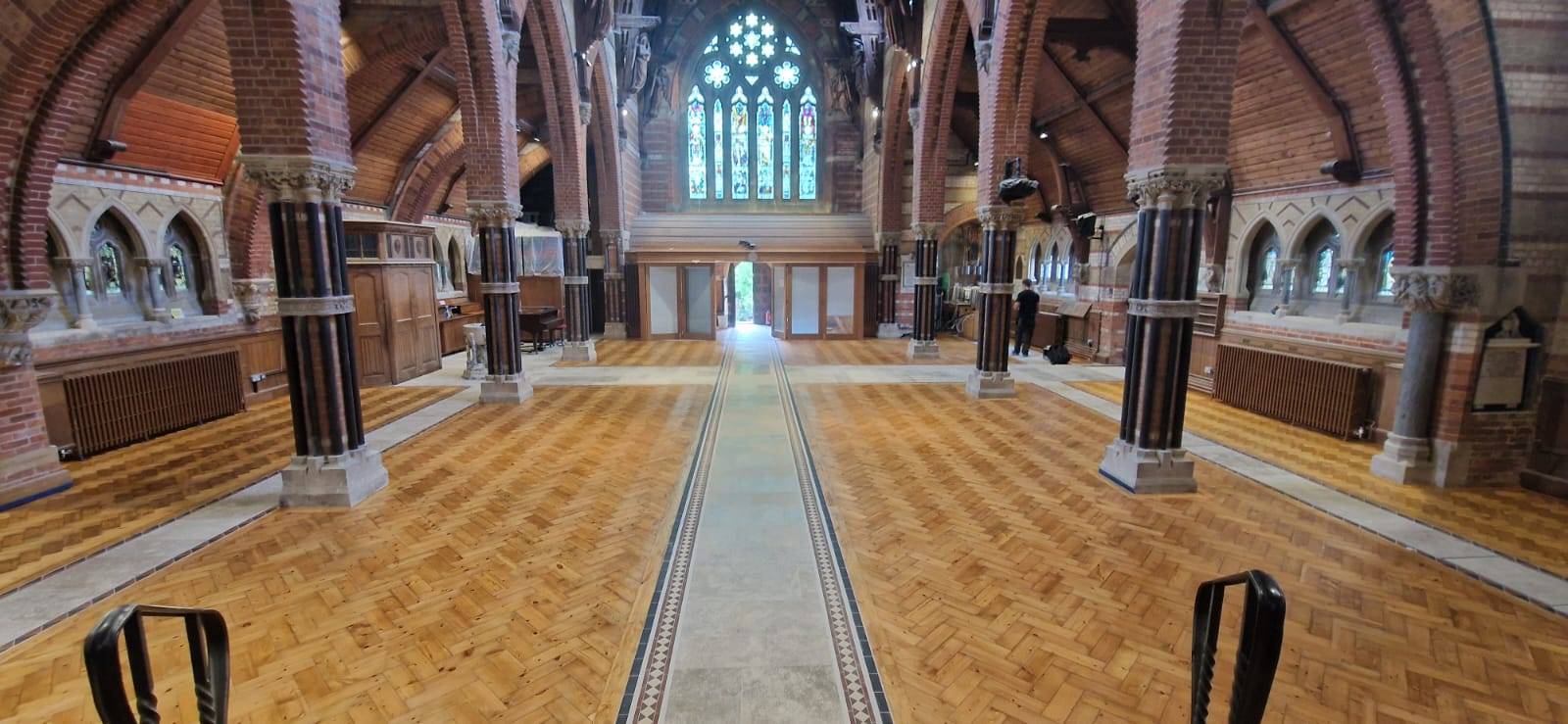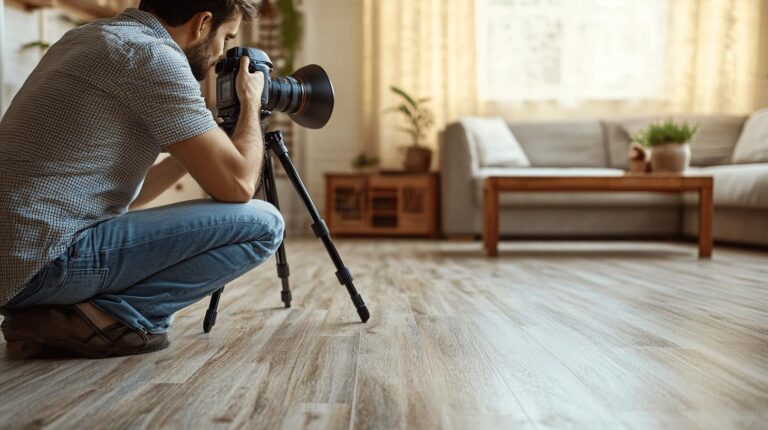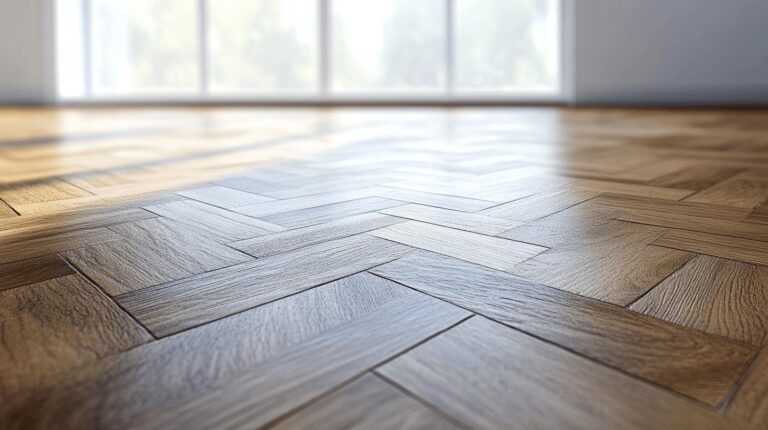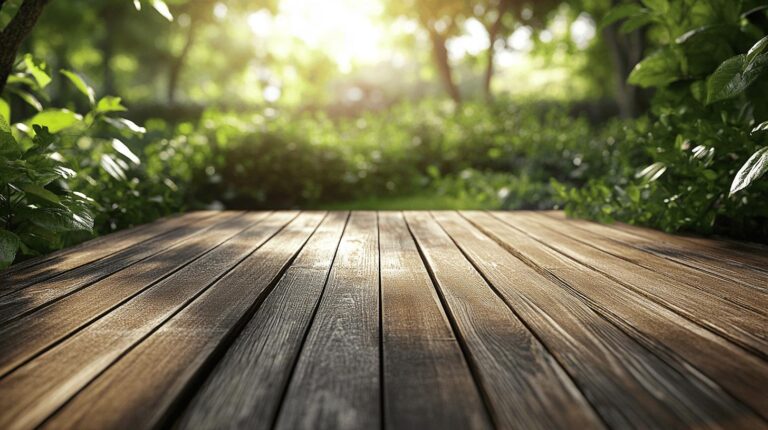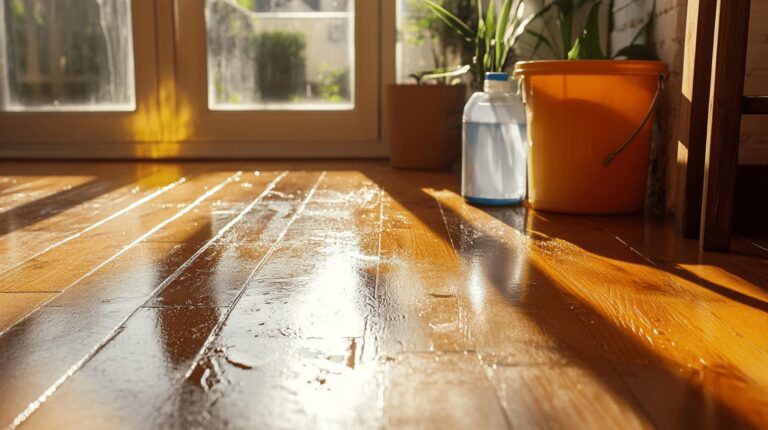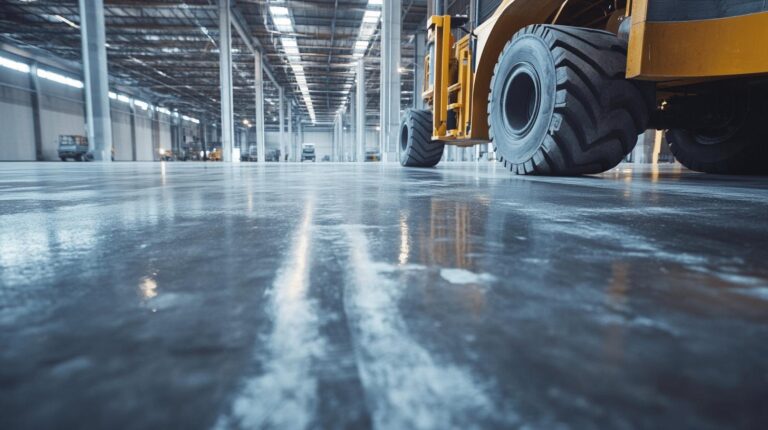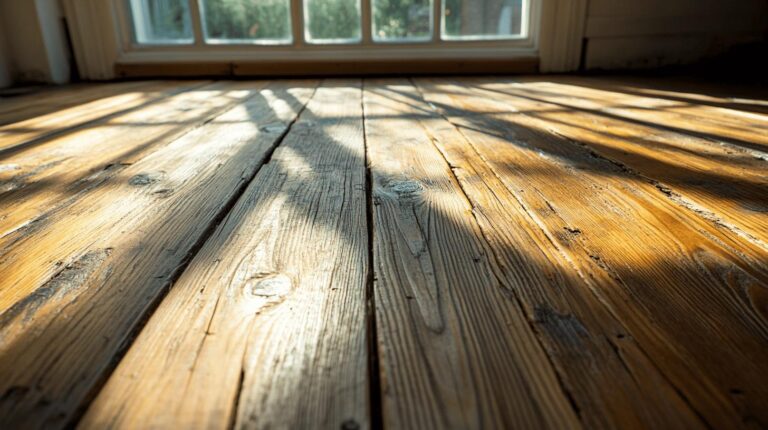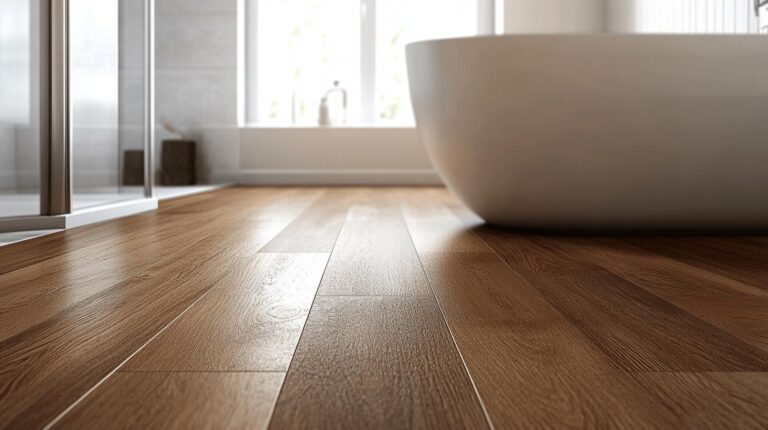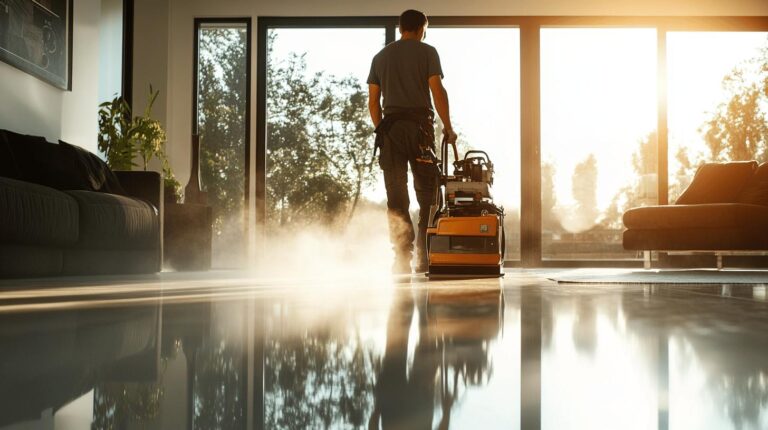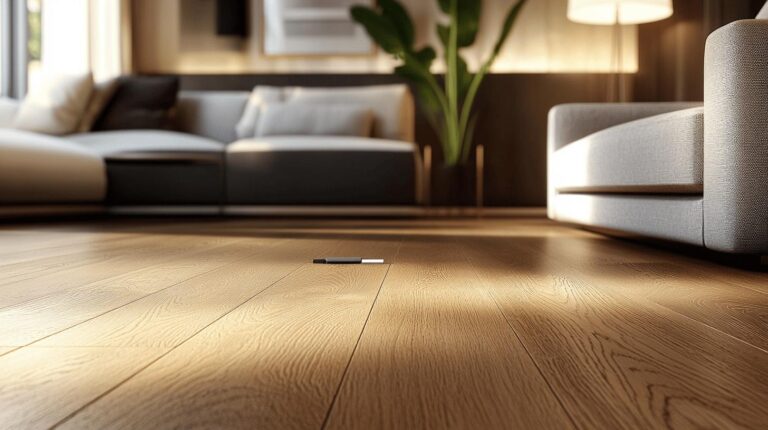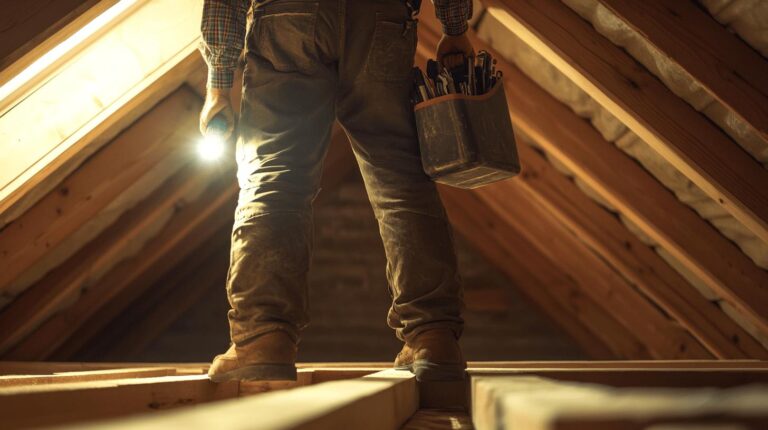Futsal is a variation of football that is typically played indoors on a hard court. It is a fast-paced game played with five players on each side, including the goalkeeper. Futsal is played on a smaller court compared to a traditional football pitch, and the ball used is smaller and heavier, which promotes better ball control and quick passing.
A standard futsal court measures 40 metres in length and 20 metres in width, though smaller courts can be constructed for recreational use. The court is marked with specific lines for boundaries, penalty areas, and the centre circle, all of which must be precisely measured according to official regulations.
Futsal courts can be constructed using a variety of surfaces depending on the intended use. Common materials include hardwood, synthetic surfaces such as vinyl or rubber, and hard surfaces like concrete or asphalt. Indoor courts often use hardwood or synthetic surfaces for comfort and performance, while outdoor courts may use concrete or acrylic coatings for durability and weather resistance.
Yes, futsal courts can be installed both indoors and outdoors. Outdoor futsal courts typically use durable materials such as concrete or acrylic coatings to withstand weather conditions, while indoor courts often feature surfaces like wood or synthetic sports flooring for better performance and comfort.
The time required to construct a futsal court depends on several factors, including site preparation, the size of the court, and the materials used. On average, the process takes between 4 to 6 weeks from the initial site assessment to the completion of the court, including preparation, construction, and the installation of additional features like lighting and fencing.
In most cases, planning permission is required for the construction of outdoor futsal courts or any significant alterations to an indoor facility. Ryans Restoration can assist with the planning process, including providing necessary documentation and liaising with local authorities to ensure compliance with regulations.
Maintenance of a futsal court largely depends on the type of surface. Indoor courts with synthetic or wooden surfaces require regular cleaning to remove dust and debris, and periodic resurfacing or refinishing may be needed to maintain performance. Outdoor courts made of concrete or acrylic coatings require regular sweeping and occasional resealing to prevent wear and damage.
For indoor futsal courts, LED lighting systems are highly recommended. These provide bright, even illumination across the entire playing area, ensuring that players have clear visibility during both daytime and nighttime play. Outdoor courts can also benefit from energy-efficient LED lighting to enable play after dark.
Yes, futsal courts can easily be integrated into multi-purpose sports facilities. The court can be designed to share space with other sports such as basketball or volleyball by using modular surfaces and adaptable markings. Our team can create a layout that accommodates multiple sports while ensuring that the futsal court meets official regulations.
Futsal is a rapidly growing sport that offers numerous benefits for players, including improved ball control, quicker decision-making, and enhanced teamwork. Building a futsal court can attract more users to your facility, especially in the colder months when outdoor sports are less popular. Additionally, futsal courts can be used year-round, making them a valuable asset for schools, clubs, and community centres.
Futsal courts are designed to be highly durable, especially when constructed with the right materials. Indoor futsal courts made with hardwood or synthetic surfaces can last many years with proper maintenance, while outdoor futsal courts built with concrete or acrylic coatings are designed to withstand various weather conditions and heavy usage.
In addition to the court’s playing surface, adequate perimeter space is required around the court for player movement and safety. Typically, a buffer zone of at least 1 to 2 metres is needed around the entire court. Additional space may be required if you plan to include seating for spectators or other amenities.
The cost of installing a futsal court varies depending on the size, surface material, and additional features such as lighting, fencing, or seating. Factors like site preparation and whether the court is indoors or outdoors will also affect the price. Ryans Restoration provides detailed cost estimates after conducting a site assessment to ensure transparency and accurate pricing.
Yes, futsal courts can be customised with logos, branding, or team colours. This is particularly popular for sports clubs or schools that want to personalise their court and create a professional appearance. We can apply custom designs during the marking process, ensuring that they are durable and long-lasting.
Ryans Restoration is known for delivering high-quality sports court construction with a focus on precision, durability, and client satisfaction. Our team has extensive experience in designing and building futsal courts, and we are committed to creating a court that meets your specific needs, whether it’s for recreational or competitive use. From initial planning to final installation, we ensure that every detail is handled with care, resulting in a futsal court that provides a top-tier playing experience for years to come.
